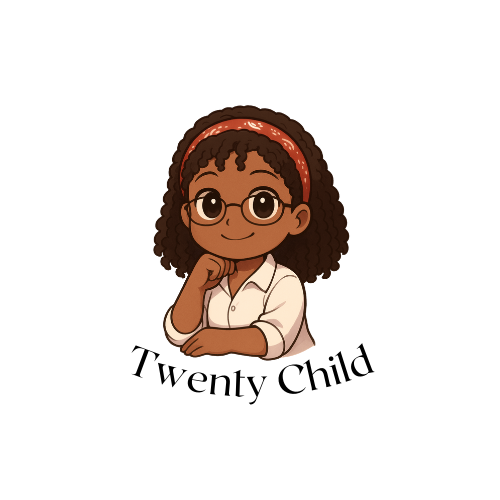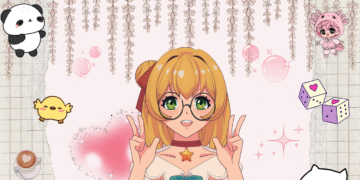As readers, there are certain books with stories that you’ve forgotten. The memory you’re left with is the nostalgia that hits when you remember the book.
For me, a lot of lessons on life I’ve learned have come from books. Journaling through my novels helps me reflect on lessons and general ideas I read about. In this post, I’d give tips on how to reflect on books with a journal.
Why Reflect on Books with a Journal?
A reading journal is a personal space to record thoughts, reflections, and an analysis of what you’ve read. Journals have always been my go-to whenever I want to remember how I felt about any event, including books.
For years, my friends were soundboards when novels wrecked or made me happy. Realizing that I could write about my thoughts in a journal was a discovery for me. Apparently, lots of readers have dedicated journals designed for this specific purpose.
A book journal can reveal what lies in the heart and mind of a reader. When stories make you feel, you can journal to vent and process these feelings. Also, book journals help you remember details and keep track of your reading progress.
What to Reflect On While Reading
The next question you might have is, “So what do I journal about?” and this is valid. A few foundations to prompt your reflections on are
Characters: Who do you relate to, admire, or dislike? Why do you feel this way about them?
Themes: What explored ideas from the novel can you see in your own life (e.g., grief, identity, love)?
Plot: Did any scene feel familiar? Did it inspire you? How?
Quotes: What lines resonate with you, and why?
Reflecting on these points gives you a general idea of what part of the book you want to focus on. For me, I write about how the characters made me feel, the lessons I learned, and my takeaways as a writer. There’s no pressure to always write something; a few sentences will do.
Practical Ways to Reflect on Books with a Journal
Now that you know the pillars of your reflections, let’s talk about practical ways to get started. It does not have to be an elaborate affair but one you can incorporate into an existing routine.
Annotate or highlight parts of the book that stand out to you.
If you’re reading a physical copy, you could annotate or write thoughts in the book margins. E-readers also have these features so you can highlight parts of the novel that stick out to you as you read.
Dedicate a journal or notebook to book reflections.
You could reserve a notebook to track your reading goals and record your thoughts. From reading journals with prompts, traditional notebooks, and bullet journals, there are options.
Pair journaling with an existing routine, and pace yourself.
You could decide to journal after each book completion or limit it to some chapters. As for when, journaling while sipping coffee in the morning or at night works.
Try aesthetic spreads if you’re a visual journaler.
If you prefer to journal with images, collages, drawings, or printed quotes, you could as well. Here’s a board on Pinterest you could check out for inspiration.
Also Read: Lessons On Love from Romance Novels
10 Journaling Prompts to Get You Started
To further help you get started journaling through books you read, here are a few prompts.
– “This character reminds me of that time when…”
– “The conflict in this story taught me that…”
– “I noticed a theme of identity. How do I deal with this in my own life?”
– “If I could rewrite this ending, I’d…”
– “The lessons I’m taking with me from this book are…”
– “What actors would I cast as characters from this book?”
– “If these characters were to meet five years after this ending, it would look like…”
– “What would have happened if this character had done X instead of Y?”
– “What line from this book am I holding on to?”
– “What about this character’s journey do I disagree with?”
Final Thoughts
Book journaling is not designed to make you look “academic” or “polished” when you write. Whether you go for a lined notebook, a bullet journal, or a document on your computer, I advise that you just start.
You don’t have to feel pressured to write a lot of words; one question per book you read is enough. Do you journal about the books you read?











Comments 1